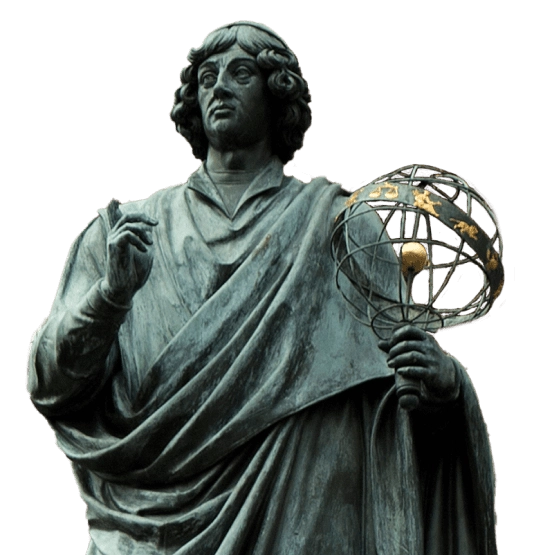An international research team from the Hebrew University of Jerusalem has discovered a previously unknown mechanism of action of one of the most commonly used painkillers, paracetamol. The results of the study were published in the prestigious journal Proceedings of the National Academy of Sciences.
Until now, it was believed that paracetamol relieves pain by acting exclusively on the central nervous system – the brain and spinal cord. However, a team led by Prof. Alexander Binshtok from the Faculty of Medicine and the Center for Brain Sciences and Prof. Avi Priel from the Faculty of Pharmacy discovered that the drug also acts peripherally – directly on the nerve endings responsible for receiving pain stimuli.
A chemical compound called AM404, which the body produces after taking paracetamol, plays a key role in this process. The researchers have shown that AM404 is produced in the sensory nerve endings and blocks the so-called sodium channels – structures necessary for the transmission of pain signals. This allows paracetamol to “turn off” pain before the information about it reaches the brain.
This groundbreaking discovery not only explains why a drug that has been used worldwide for decades is effective but may also pave the way for the development of new, safer painkillers.










